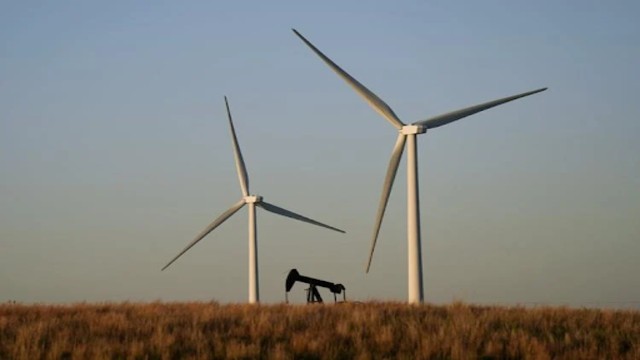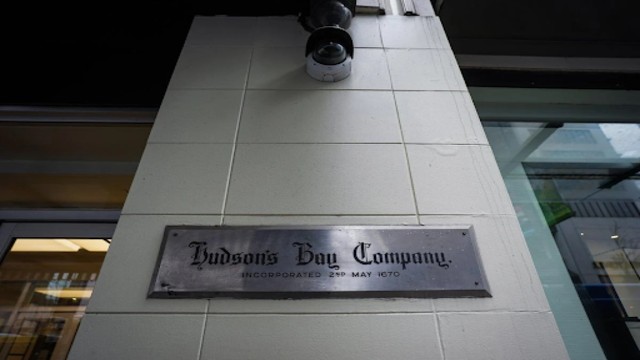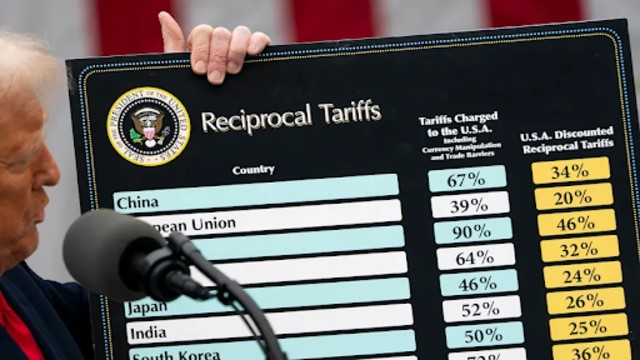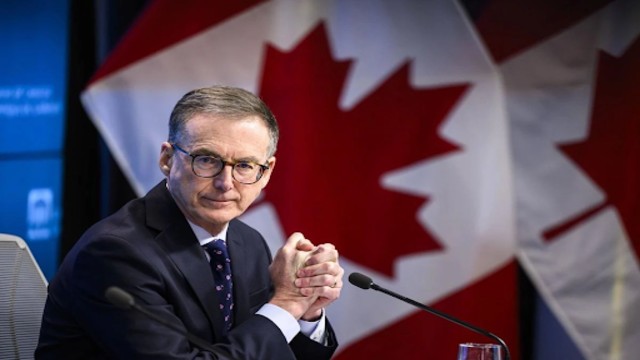
An oil pumping unit works in the foreground while wind turbines at the Buckeye Wind Energy wind farm rise in the distance Sept. 30, 2024, near Hays, Kan. AP Photo.
Former President Donald Trump wasted no time dismantling his predecessor’s climate policies, declaring a national energy emergency on his first day back in office. His plan prioritizes fossil fuel development, aiming to cut environmental reviews and boost oil and gas production.
Fast-Tracking Oil and Gas Projects
The declaration directs the federal government to ease restrictions on energy companies, allowing faster approvals for drilling and pipeline projects. Trump argues that increasing fossil fuel output will lower prices and strengthen the U.S. position in global energy markets.
Democrats, however, call this move unnecessary. They highlight that the U.S. already leads in oil and gas production. They also credit President Biden’s Inflation Reduction Act for accelerating renewable energy growth, creating jobs, and addressing climate change concerns.
Democratic Sen. Tim Kaine of Virginia warned that Trump's declaration sets a dangerous precedent, allowing presidents to bypass Congress on major policy shifts. A Senate resolution to block the emergency declaration failed along party lines.
Reversing Biden’s LNG Export Pause
One of Trump’s first actions was lifting the Biden administration’s pause on new liquefied natural gas (LNG) export terminals. The pause aimed to curb emissions from LNG exports, which environmentalists say contribute significantly to global warming.
With Trump’s reversal, energy companies are now free to expand LNG infrastructure. Experts predict that U.S. LNG export capacity will double by 2030, meeting rising global demand. Industry leaders say investors now feel more confident about moving forward with major projects.
Opening More Land for Drilling
Trump has also opened additional public lands and offshore areas for oil and gas leasing. This marks a shift from Biden’s policies, which sought to protect ecologically sensitive regions, including Alaska’s National Wildlife Refuge and U.S. coastal waters.
Environmental groups are challenging these moves in court. They argue that making more land available for leasing does not guarantee increased oil and gas production. For example, previous lease sales in the Arctic National Wildlife Refuge saw limited interest from major energy firms.
Weakening Environmental Protections
The Trump administration is also targeting environmental regulations that could slow fossil fuel projects. The Environmental Protection Agency (EPA) is being pushed to reconsider a key Obama-era finding that classifies greenhouse gases as a threat to public health.
Meanwhile, the Army Corps of Engineers is fast-tracking permits under the Clean Water Act, potentially making it easier for energy companies to bypass environmental reviews. Critics argue this approach sacrifices environmental protections under the guise of an energy emergency.
Slashing Federal Agencies and Environmental Oversight
Trump has proposed significant staffing cuts at federal agencies overseeing environmental policies. He has called for the EPA to eliminate two-thirds of its workforce, a move experts say would cripple the agency’s ability to regulate pollution and protect public health.
His emergency declaration also seeks to weaken the Endangered Species Act to expedite energy development. The administration may invoke a rarely used “God Squad” panel, which could override protections for species threatened by industrial projects.
Renewables Face Setbacks
Trump has also taken aim at the renewable energy sector. He ordered a temporary halt on offshore wind lease sales and paused federal approvals for both onshore and offshore wind projects. His administration also omitted solar, wind, and battery storage from a list of priority energy sources.
Additionally, Trump vowed to eliminate tax credits for renewables, potentially making clean energy more expensive. Analysts warn that these policies could slow the shift away from coal and natural gas, increasing U.S. dependence on fossil fuels for decades.
Impact on Climate Goals
Experts say Trump's policies will increase emissions and push the U.S. further from meeting international climate goals. With energy demand surging due to AI and data centers, limiting renewable growth could lead to a prolonged reliance on coal and gas.
A report from the global consultancy Baringa warns that these shifts could significantly delay progress toward reducing carbon emissions, making it harder for the U.S. to meet its climate commitments.
As Trump advances his energy agenda, fierce political battles are expected between supporters of fossil fuels and climate advocates pushing for a cleaner energy future.















